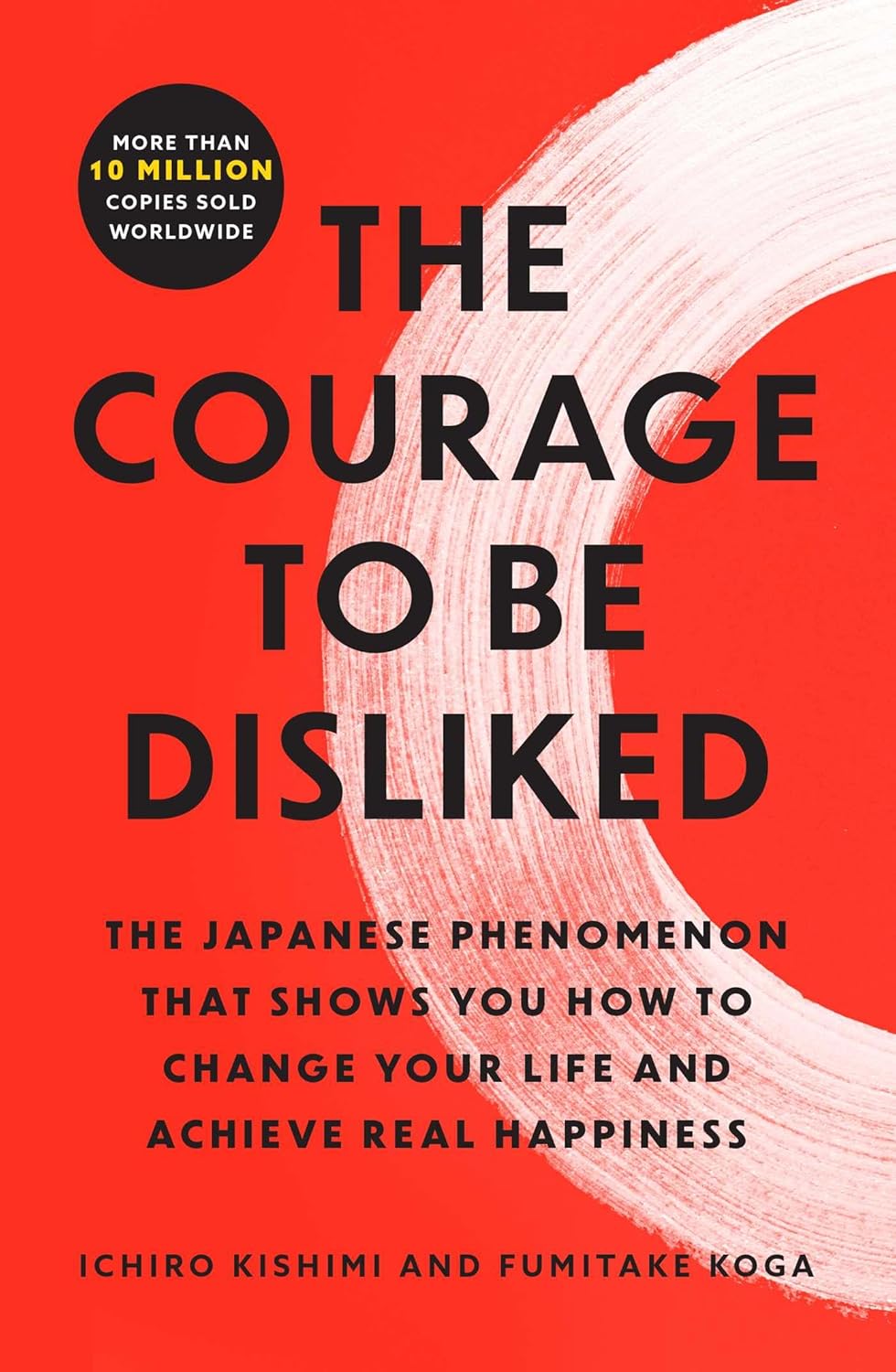Have you ever wanted to delve deeper into the concept of happiness and how to truly achieve it? Look no further than ‘The Courage to Be Disliked’ by Fumitake Koga and Ichiro Kishimi, a remarkable book that has captivated readers worldwide. Discover how this Japanese phenomenon can pave the path to transforming your life and achieving enduring happiness. As creative writers, understanding profound philosophical insights can empower your storytelling and enrich your creative process.
The Japanese Wisdom Behind the Book
The book draws heavily from the philosophies of Alfred Adler, intertwining his theories with Japanese principles to challenge conventional beliefs about happiness. You’re invited into a philosophical dialogue between a philosopher and a young protagonist, each holding starkly different views on life. The unique format enhances the reading experience, making it both stimulating and engaging.
With a narrative style reminiscent of classic dialogues, the book mirrors the ancient wisdom often found in Japanese literature, akin to the approach in other cultural insights like those explored in the book Frozen River.
The Core Concepts of Adlerian Psychology
The narrative anchors itself in Adlerian psychology, spotlighting principles such as inferiority complex, social interest, and the pursuit of success over competition. These core concepts align seamlessly with the creative spirit, urging you to embrace your individuality without the need for comparison or competition. It’s a theme explored profoundly in other literary genius.
Importance of Individual Psychology
Central to the book is the belief in the significance of individual psychologythe idea that self-acceptance and working towards intrinsic goals is the pathway to genuine happiness. This aligns perfectly with the philosophies presented in I Will Teach You to Be Rich, where the focus is on internal growth rather than outward achievements.
Rejecting the Need for Approval
An impactful point in the book is challenging the need for social acceptance. It argues that ones true freedom emerges from letting go of the desire to please otherssomething wonderfully articulated through the notion that finding courage to be disliked can lead to an authentic and satisfying life.
Revolutionizing Your Concept of Happiness
As the storyline delves deeper, it reveals how redefining happiness is essential for personal growth. The book suggests that happiness is born from the freedom to pursue your own path and that living for others’ expectations is a guaranteed route to dissatisfaction. This concept resonates with themes in books like First Lie Wins, wherein characters break free from societal molds.
Engaging Dialogue and Thought-Provoking Questions
The engaging dialogue format of the book poses thought-provoking questions that linger in the mind, urging introspection. The philosopher‘s simple yet profound questions challenge readers to confront their own beliefs, a technique that echoes the reflective narrative devices found in Mom, I Want to Hear Your Story.

The Japanese Wisdom Behind the Book
For those in the creative fields, embracing the ideas within this book can enhance your storytelling abilities. Understanding diverse perspectives about freedom and happiness enriches character development and plot creation. Moreover, the psychological insights open myriad avenues for creating compelling stories that resonate strongly with audiences.
Conclusion: The Courage to Embrace Change
‘The Courage to Be Disliked’ is not just a book; it’s a guide to embracing the courage needed to steer your life in a meaningful direction. It offers valuable lessons found in humility, courage, and the pursuit of authenticitya remarkable read for anyone ready to transform the way they live, think, and create.
Frequently Asked Questions
What is the core theme of ‘The Courage to Be Disliked’?
The core theme is about finding happiness through self-acceptance and releasing the need for social approval.
Who would benefit most from reading this book?
Anyone interested in self-improvement and personal growth, especially those in creative professions looking for insights into individuality and happiness.
What makes this book different from other self-help books?
Its unique dialogue format and blending of Eastern and Western philosophies offer fresh perspectives not commonly found in other self-help literature.







